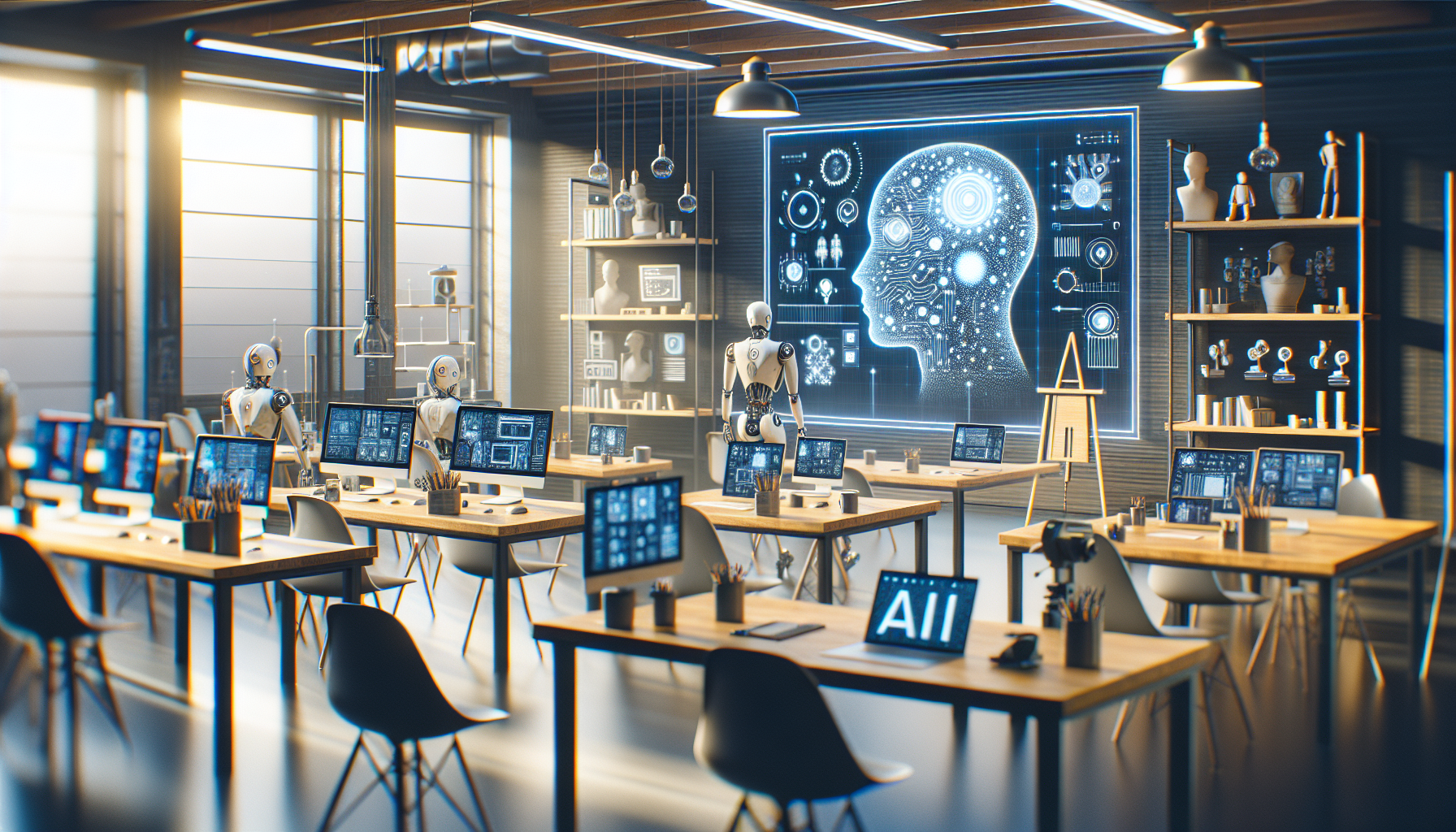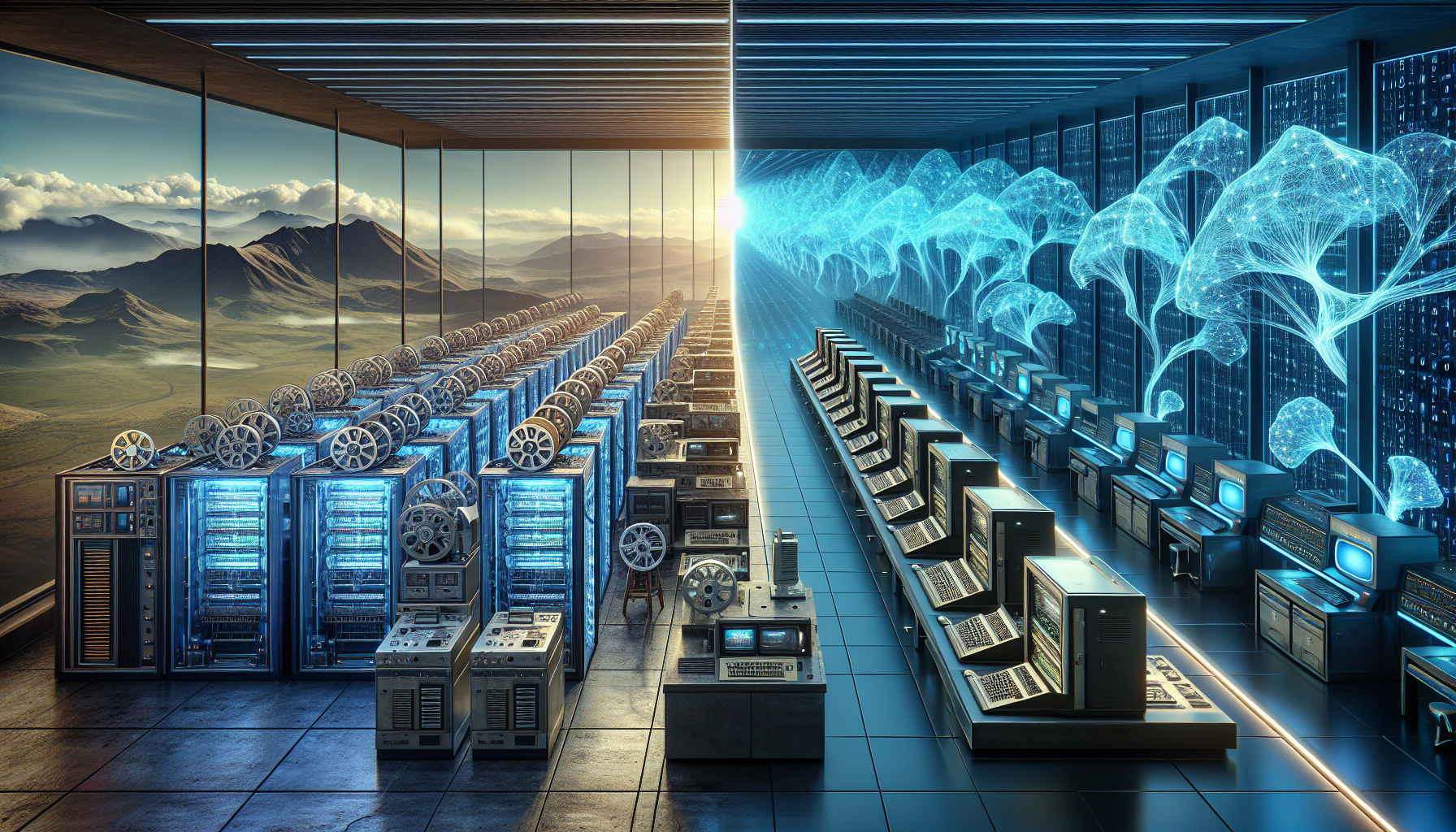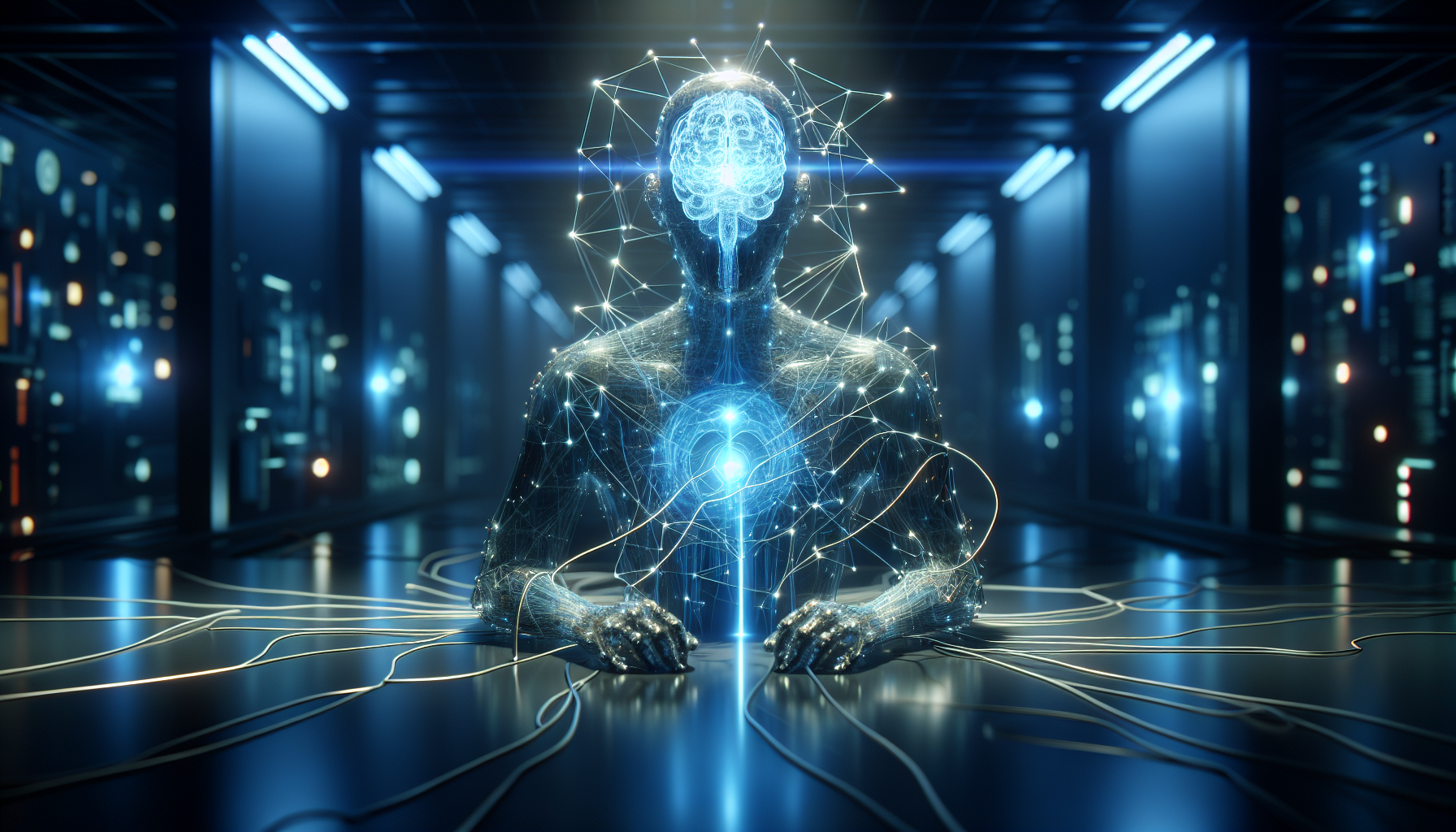
AI and Human-Computer Interaction: Will Our Devices Finally Start Laughing at Our Jokes?
April 27, 2025
So, you've just told your computer a joke. You wait, brimming with anticipation. But alas, its response is as cold as a frozen pizza. Well, fear not, dear reader, because the world of artificial intelligence is on a mission to bridge the gap in human-computer interaction, and the future is poised to be delightfully peculiar.
Imagine a world where your laptop knows when you're having a bad day, and your smartphone can distinguish between your "I'm fine" and your actual "I'm fine." The future of AI in human-computer interaction is all about creating devices that understand us better than our childhood diaries—and without the threat of being discovered by your little brother.
Now, before you start worrying about your toaster judging your breakfast choices, let's dive into some exciting predictions. First up, emotional intelligence. Yes, AI developers are feverishly working on machines that can read emotional cues. Picture this: you're furiously typing an email, and your computer gently suggests a cup of chamomile tea. That's right, folks, our devices might soon be the therapists we never knew we needed.
But how do we get there? It turns out, teaching a computer to understand human emotions is like teaching a cat to fetch—possible, but you're going to need a lot of patience and perhaps a few treats. Scientists are exploring the use of deep learning algorithms and neural networks to analyze vocal tones, facial expressions, and even posture to decode our emotional states. So next time your computer smirks at your choice of elevator music, just remember, it's only trying to help.
Let's not forget personalization. AI's future promises to transform our devices into personal assistants that truly know us. Forget about asking Siri for the weather; soon, you'll be swapping weekend plans with your digital buddy. These systems will be so finely tuned to your preferences that they might even recommend that obscure indie band you "discovered" before they were cool.
There's also the tantalizing prospect of telepresence. Imagine attending a meeting as a hologram, wearing pajamas, while your digital twin nods along enthusiastically. AI promises to break down geographical barriers, allowing us to interact with others in ways previously reserved for science fiction. The term "office attire" may soon refer to a comfortable pair of slippers and your best virtual reality headset.
Now, I hear you asking, "What about the robots?" Well, dear reader, the robots are coming, and they're not just here to clean your floors. Advances in AI are paving the way for robots that can engage in meaningful conversations, assist the elderly, and even play chess without sulking when they lose. These robots, equipped with advanced conversational skills, may soon become our new best friends—though they'll still have to work on their sense of humor.
But wait, there's more! The future of AI in human-computer interaction also includes the possibility of mind-reading technology. Yes, you read that right. Scientists are exploring brain-computer interfaces that could allow us to communicate with machines using just our thoughts. While this might sound like the premise of a dystopian novel, the potential benefits are enormous. Imagine typing a report just by thinking about it, or playing video games using only the power of your mind. Finally, a way to beat your high score without risking carpal tunnel syndrome.
Despite these advancements, one question remains: will our devices ever truly understand us? Can a computer genuinely appreciate the subtle nuances of a dad joke or the existential dread of a Monday morning? Only time will tell. Nevertheless, these developments promise a future where human-computer interaction is as seamless as a perfectly executed dance routine.
So, as we stand on the brink of this technological revolution, let's embrace the quirks and possibilities that lie ahead. Who knows, maybe one day your fridge will remind you to buy milk with the same exasperated tone as your mother. Until then, keep laughing at your own jokes; your devices might just be joining in sooner than you think. What do you think your computer would say about your browsing history?


